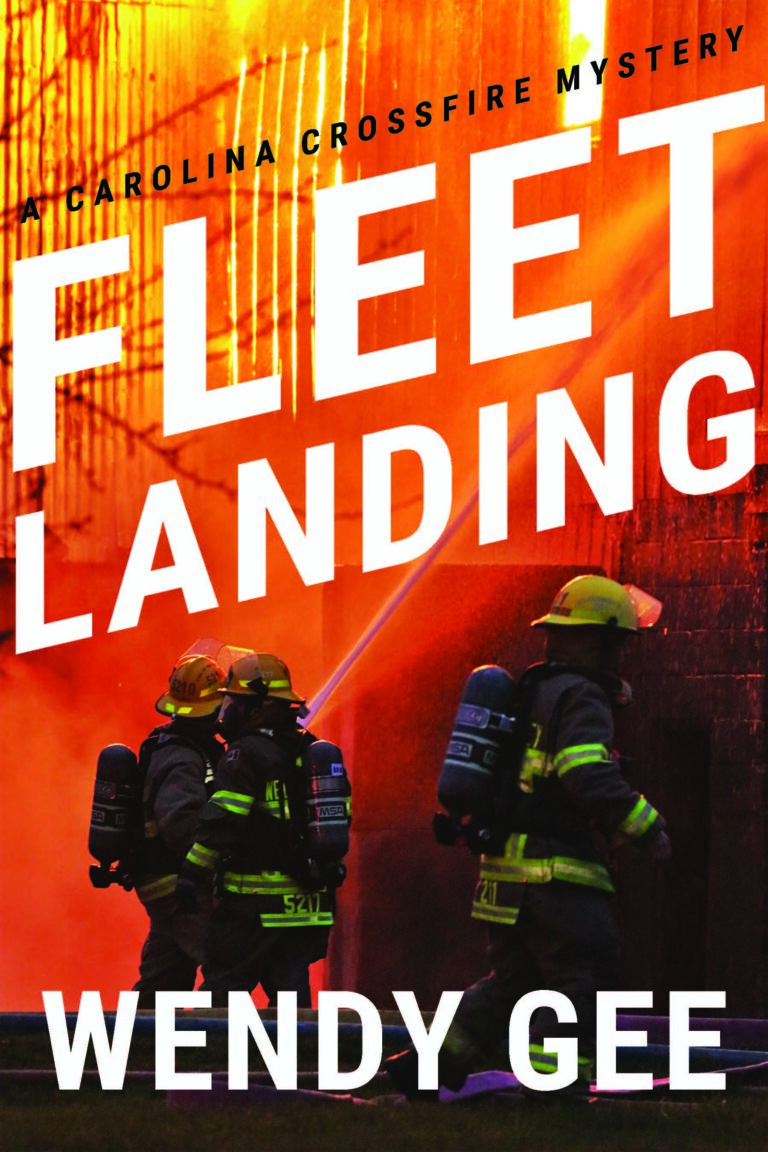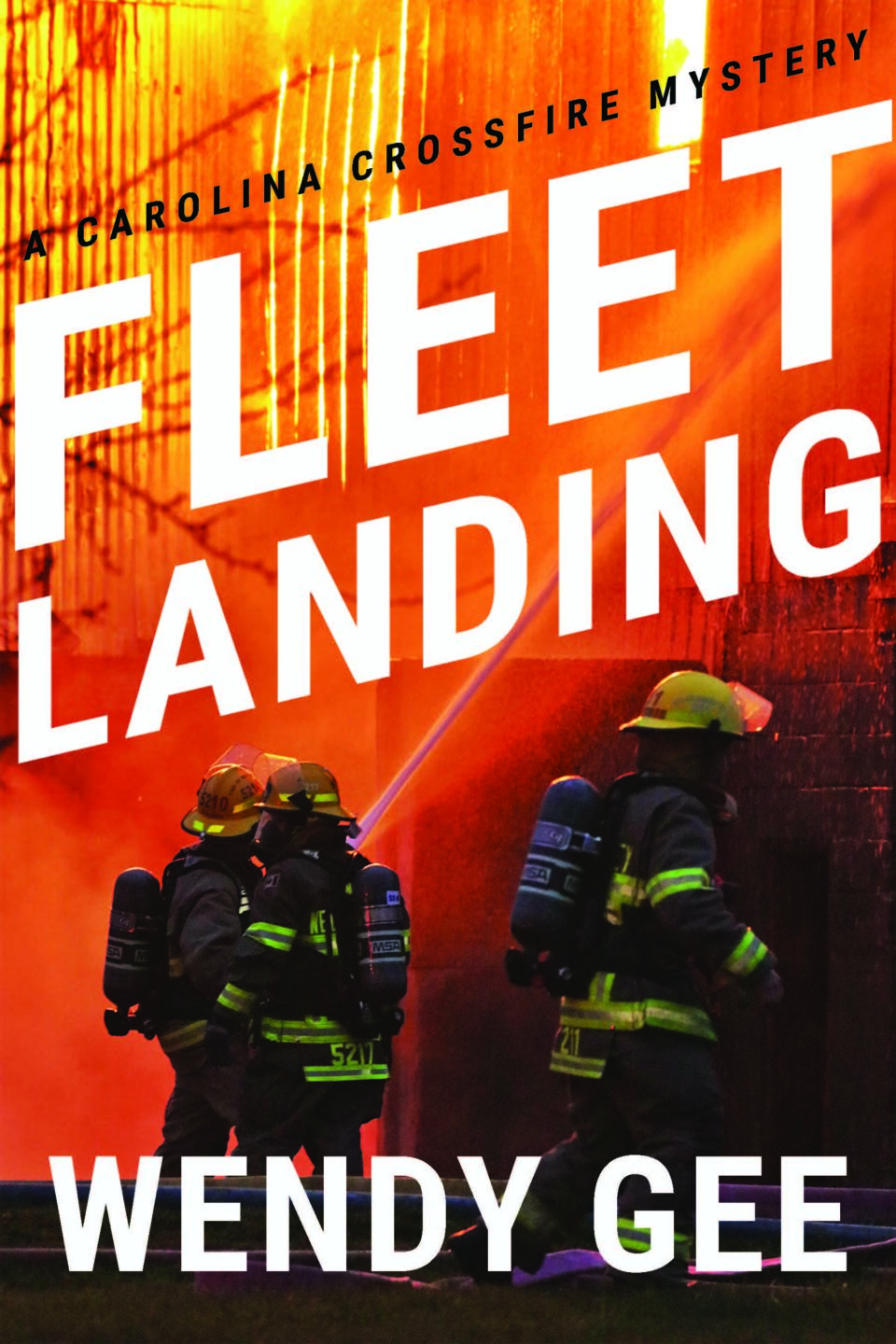Charleston may be a modern city, but it has struggled to outgrow its white nationalist heritage. And, like other US cities, its zoning policies have reinscribed de facto segregation. When fires occur in those poorer, overwhelmingly Black neighborhoods, police don’t care to investigate deeply. But when a housefire set by a teen grows into an out-of-control blaze that threatens to spread through the city, it draws the attention of both Sydney Quinn (an ex-marine turned journalist) and Coop Bellamy (a forensic investigator)—who uncover a sinister plot driven by greed and racial hatred.
FLEET LANDING’s underlying plot is a decades-long grift, uncovered through careful detective work by a determined journalist. But the book itself hits the ground running, almost immediately thrusting the reader into a searingly depicted action set-piece as firefighters rush to contain a growing conflagration. This allows the story to lead with its bona fides: a firm grasp of the complexity in coordinating a multi-agency disaster response, replete with technical detail, and a vivid, evocative prose style. The careful observation of the “apocalyptic dreamscape” of fire damage feels real and immediate in surreal imagery like “[pink] insulation…[dangling] like tinsel from tree limbs.” That descriptive power also enlivens quieter scenes, like a decaying neighborhood baseball diamond (“Spikes of wild onions had replaced chalk lines that once defined the first and third baselines”) or an old-fashioned newsroom (“a labyrinth of burlap-covered partitioned workspaces with more nooks and crannies than an English muffin”).
FLEET LANDING squeezes a lot out of its muscular prose. It also evokes the real paranoia of American life, in which outright connections to the Ku Klux Klan are only a few years past, and murky developments like real estate policy can both hide and reflect underlying racial hatred. The individual character work, on the other hand, is a little thin. Coop doesn’t advance far past expected tropes (divorced dad struggling to connect with his young daughter); and Sydney is the model of a gritty, determined journalist (whose backstory serving in Iraq is more a curio than an integral part of the story). However, their satisfying professional competence more than makes up for the shallowness of their interior lives, and that helps the reader root for them as they not only respond to active emergencies but also dig into the structural causes that created the emergencies in the first place.
Successfully marrying elements of both an action-thriller and a procedural, FLEET LANDING is a breathless page-turner.
Wendy Gee’s FLEET LANDING is a gripping, percussive procedural framed by the structural violence of capitalism and racism in modern America.
~Dan Accardi for IndieReader


